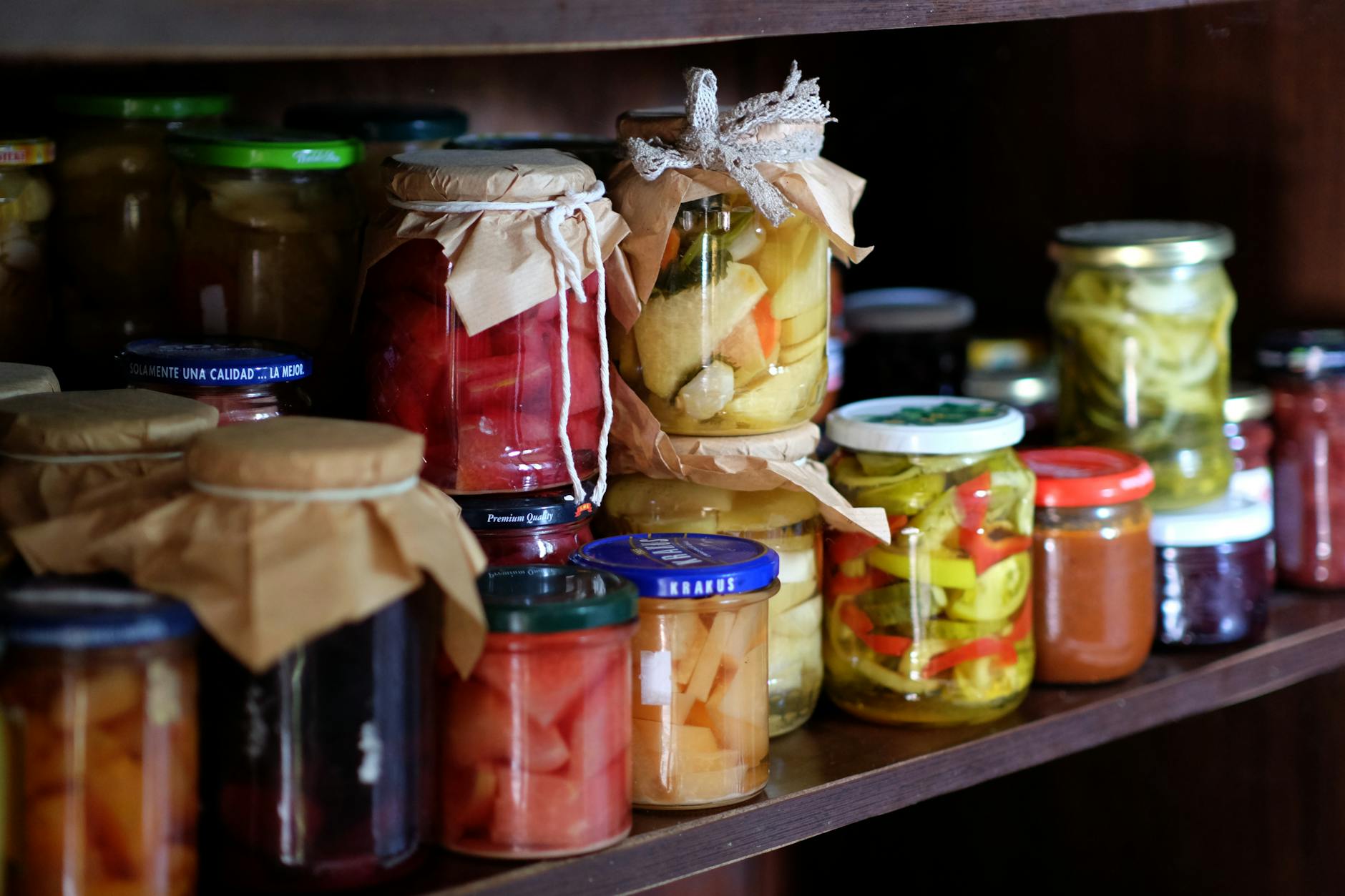How to Avoid Methanol in Homemade Fermentation (Fruit Wines, Ciders, etc.)
Methanol (wood alcohol) is a toxic byproduct of fermentation, but it’s usually produced in very small amounts. However, improper fermentation practices can increase methanol levels. Here’s how to minimize risks:
1. Understand Methanol Sources in Fermentation
- Pectin Breakdown: Methanol forms when pectin (a fiber in fruit) breaks down due to enzymes or heat.
- High-pectin fruits (apples, citrus, stone fruits, berries) produce more methanol.
- Low-pectin fruits (grapes, bananas) produce less.
- Contaminated Yeast: Wild yeast or bacteria can produce extra methanol.
- Improper Distillation: Methanol boils at a lower temp (64.7°C) than ethanol (78.4°C), so distillation errors can concentrate it (but this is only a concern for distilled spirits, not simple fermentation).
2. Ways to Minimize Methanol in Homemade Fermented Drinks
✅ Use Low-Pectin Fruits (Best Prevention)
- Grapes (wine) and bananas produce the least methanol.
- Apples (cider) and berries need extra care (see below).
✅ Avoid Excessive Heat (Prevents Pectin Breakdown)
- Don’t boil fruit (heat releases pectin).
- Use cold maceration (soaking fruit in water without heating).
✅ Use Commercial Yeast (Not Wild Fermentation)
- Wild yeast/bacteria produce more methanol.
- Use wine yeast (Saccharomyces cerevisiae) for cleaner fermentation.
✅ Add Pectin Enzyme (For High-Pectin Fruits)
- Breaks down pectin before fermentation, reducing methanol risk.
- Use 1/2 tsp per gallon before adding yeast.
✅ Proper Sanitation (Prevents Contaminants)
- Clean all equipment with Star San or potassium metabisulfite.
- Avoid moldy fruit (can increase methanol).
✅ Don’t Distill Without Proper Knowledge
- Methanol is only dangerous in distilled spirits (not wine/cider/beer).
- If distilling, discard the “foreshots” (first 5% of distillate), where methanol concentrates.
3. Methanol vs. Ethanol: Why Normal Fermentation is Safe
- Fermented drinks (wine, cider, beer) naturally have trace methanol (0.1–0.3%), but ethanol counteracts its toxicity.
- Dangerous levels only occur in improperly distilled moonshine (not standard fermentation).
- Symptoms of methanol poisoning (blindness, organ failure) require very high doses (30+ mL pure methanol).
4. Final Tips for Safe Fermentation
✔ Stick to wine/cider/beer (no methanol risk unless contaminated).
✔ Avoid distilling unless trained (biggest risk factor).
✔ Use pectin enzyme for apples/berries.
✔ Never use rotten or moldy fruit.
If you follow these steps, your homemade wine/cider will be perfectly safe.
Would you like a recipe with methanol-safe techniques?

Leave a Reply